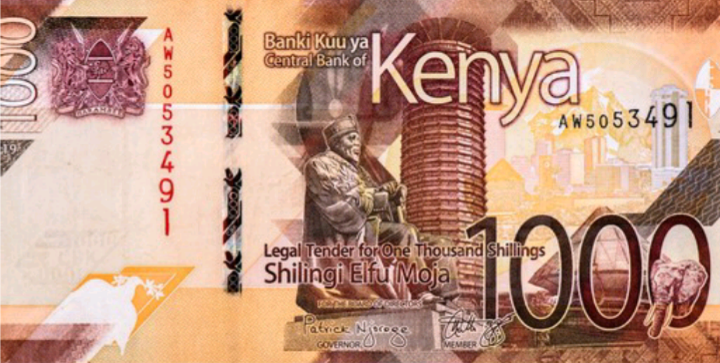The Government of Kenya is facing growing scrutiny following revelations that it has initiated the printing of new currency notes in Germany through a secretive process.
The Central Bank of Kenya (CBK), in partnership with German firm Giesecke+Devrient Currency Technologies GmbH (G+D), embarked on this shift after the exit of long-time supplier De La Rue.
Although the CBK cited an urgent shortage of KES 1,000 banknotes and the closure of De La Rue’s Nairobi plant as reasons for the move, the lack of public communication and parliamentary involvement has sparked a wave of criticism. Concerns are mounting over the transparency of the deal and the potential legal implications of breaching existing contractual agreements.
The printing contract, valued at KES 14.2 billion over five years, involves the production of redesigned notes bearing updated official signatures. While the overall design closely mirrors the 2019 series, subtle changes have been introduced. Critics argue the classified nature of the procurement undermines public accountability and opens room for speculation about backroom dealings.
Political undercurrents have further complicated the matter. Some reports link the arrangement to broader political compromises, with allegations of influence from high-level handshake politics. These claims remain unverified but continue to fuel public debate.
The decision has drawn comparisons to previous scandals involving opaque government contracts. With no formal explanation from the CBK or Treasury beyond procedural justifications, many Kenyans remain in the dark about the rationale, cost implications, and long-term impact on the economy.

